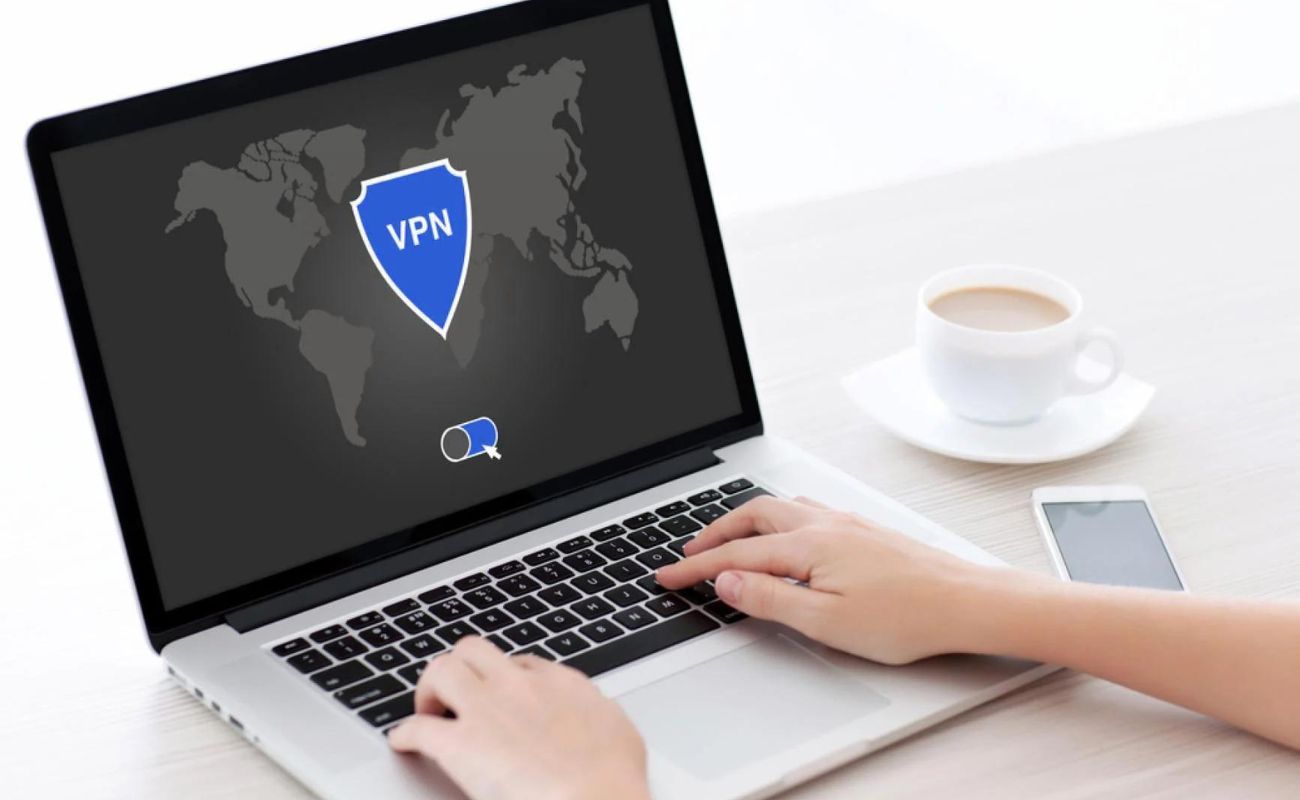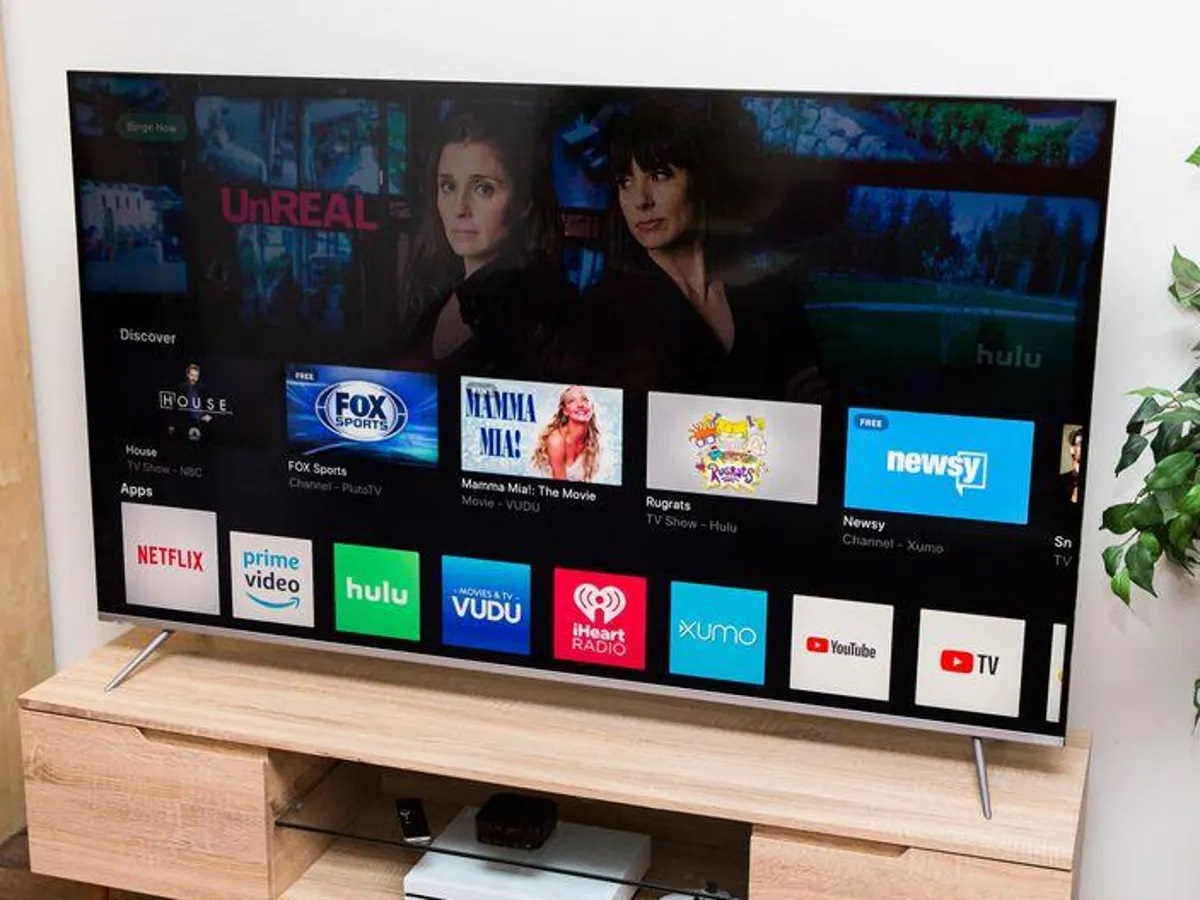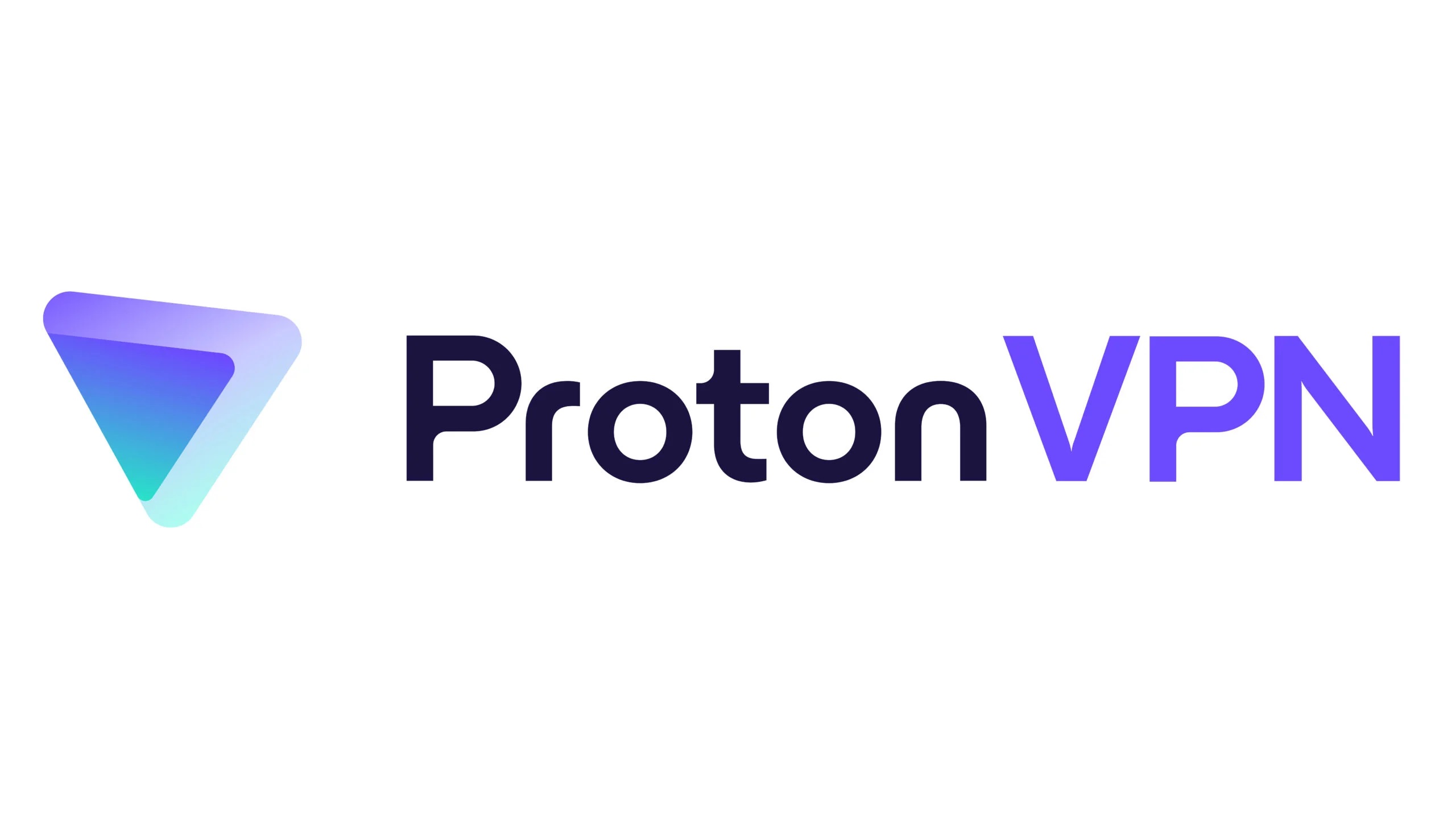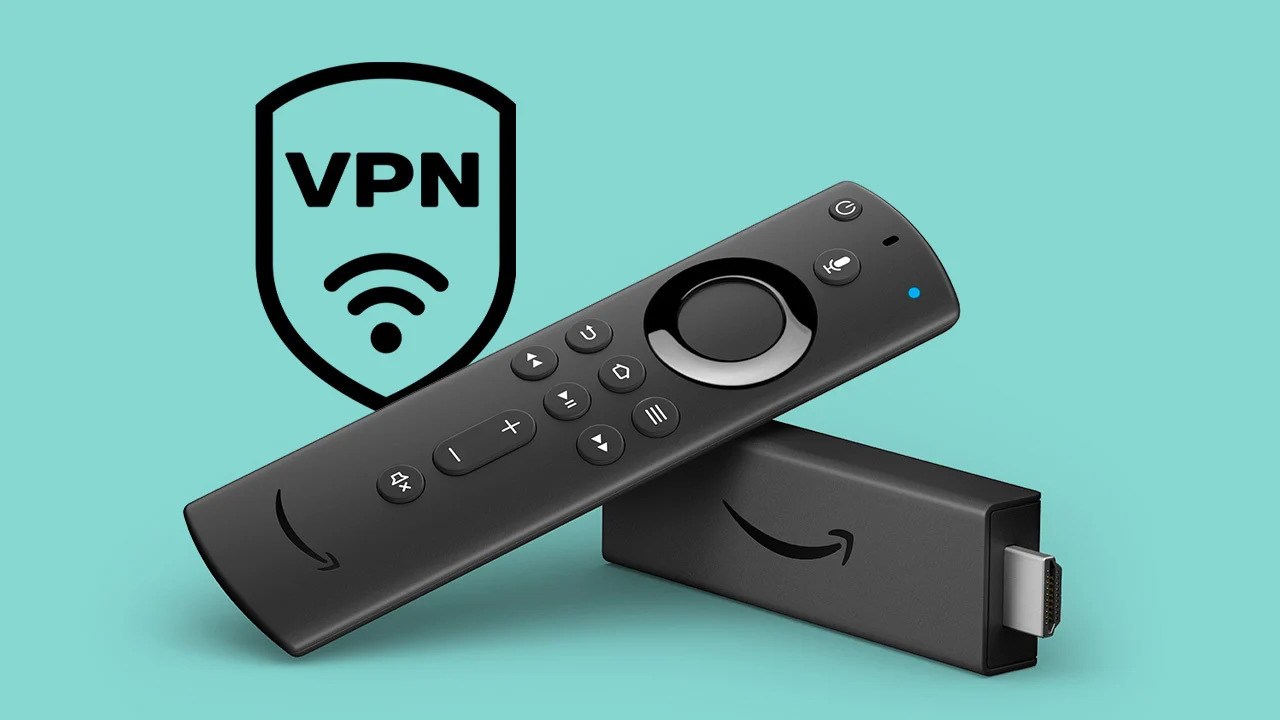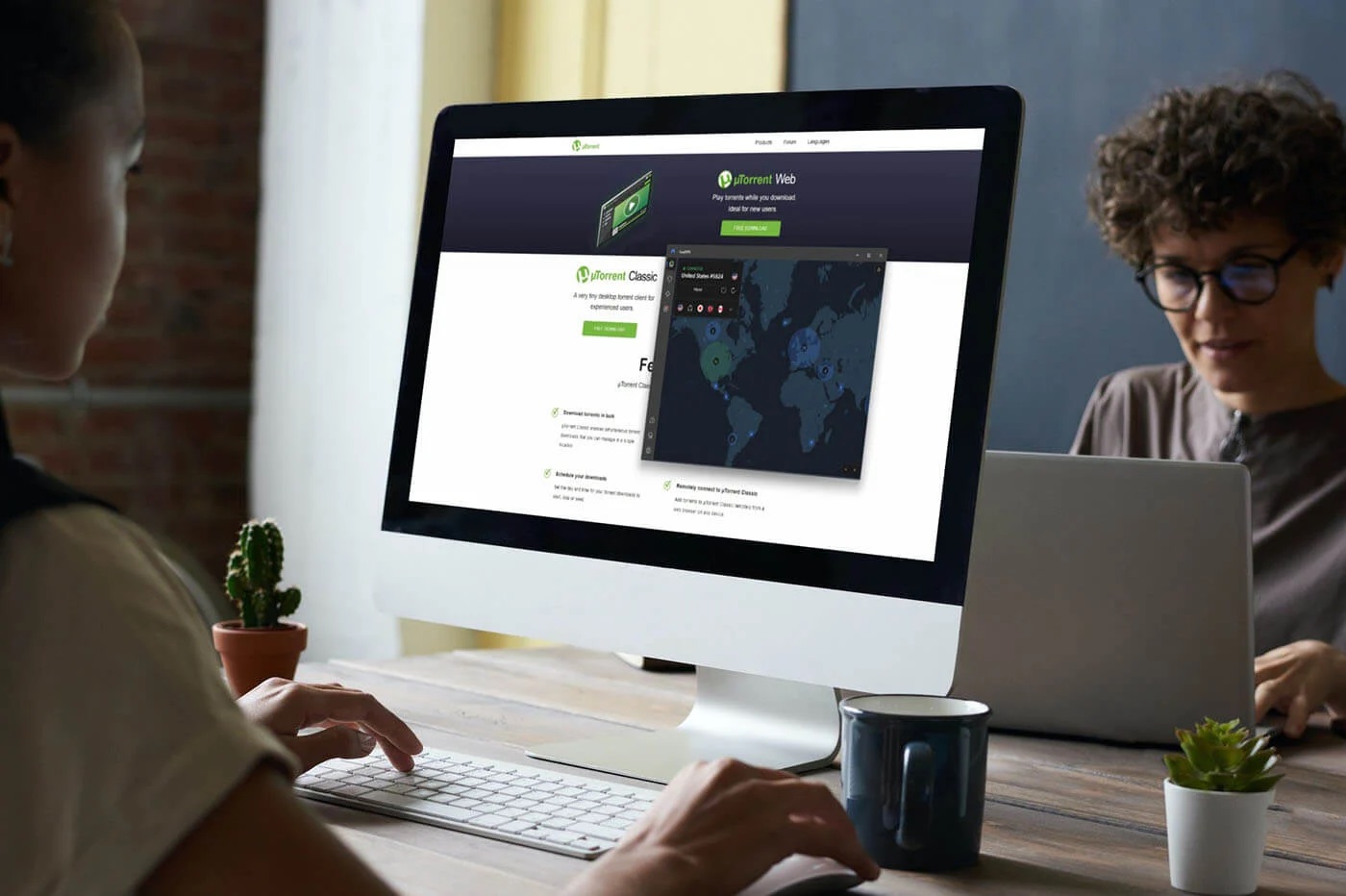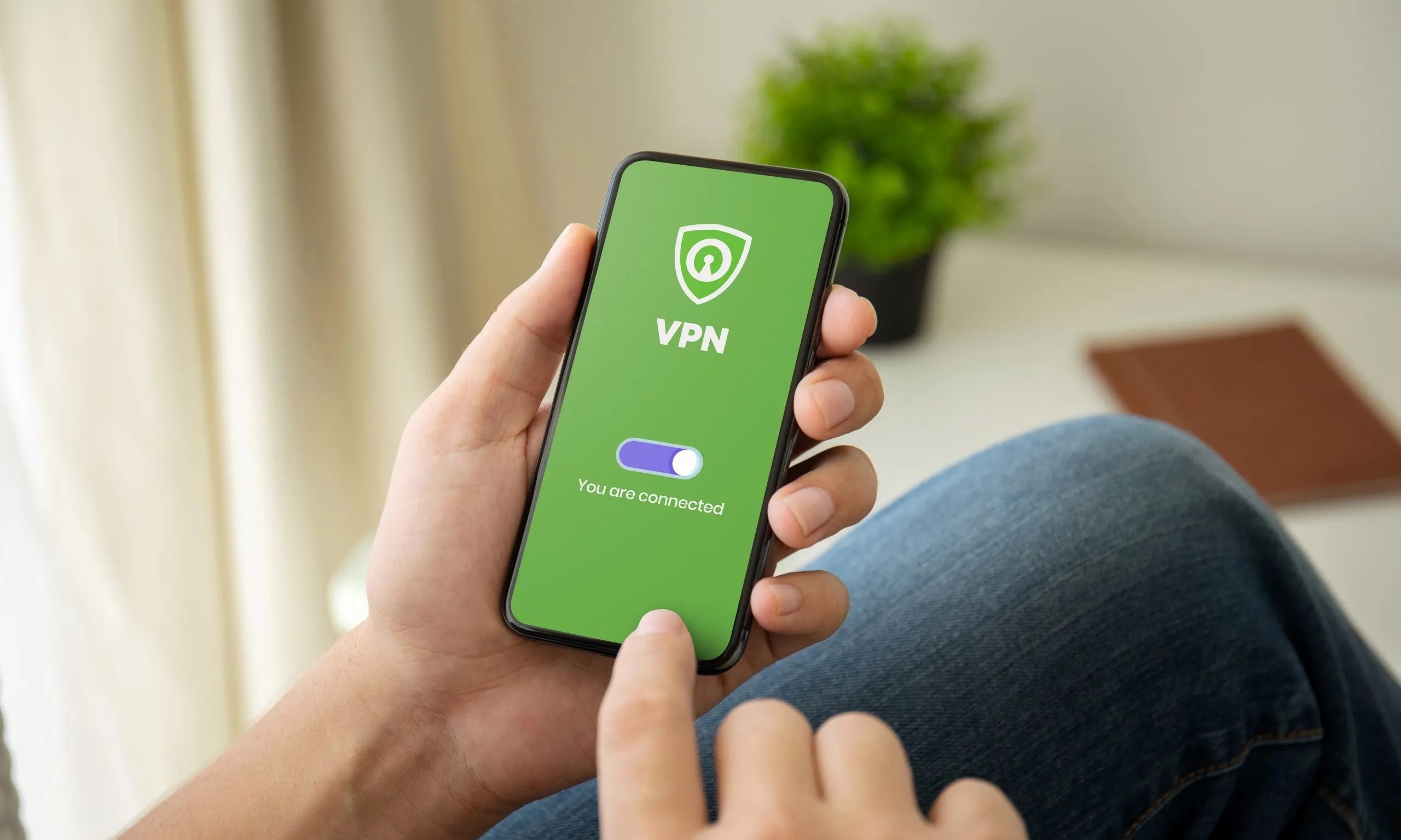Home>Software and Apps>The Importance of Using a VPN While Traveling
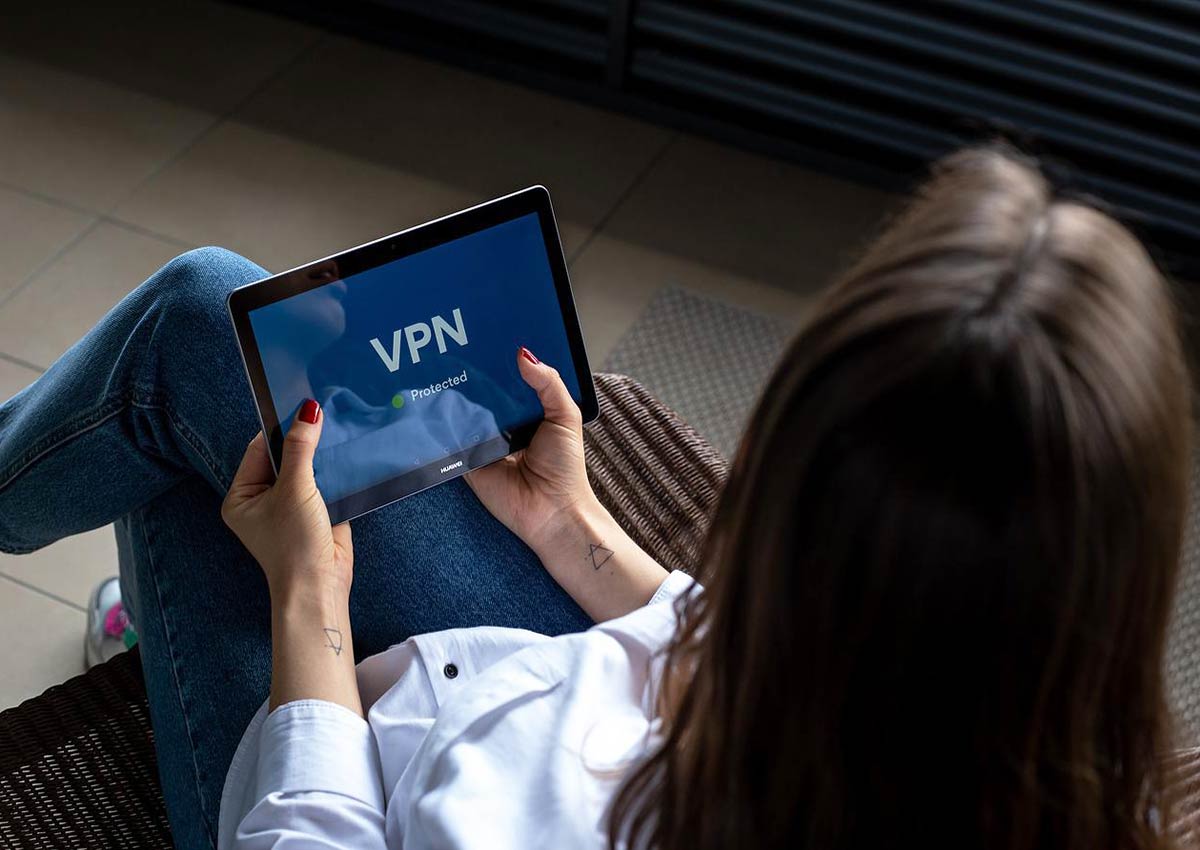

Software and Apps
The Importance of Using a VPN While Traveling
Modified: September 5, 2024
Discover the significance of using a VPN while traveling to protect your data and privacy. Explore the best software and apps for secure browsing on the go.
(Many of the links in this article redirect to a specific reviewed product. Your purchase of these products through affiliate links helps to generate commission for Techsplurge.com, at no extra cost. Learn more)
Table of Contents
What is a VPN?
A VPN is a private network that delivers internet traffic through a public server to connect to remote sites, guarding your online activity. Essentially, it creates a secure tunnel between your device and the internet, encrypting all data transmitted through it. This encryption ensures that anyone who tries to intercept your data won’t be able to read it, thereby protecting your personal information and online activities from prying eyes.
Read more: The Importance of Chromecast Security
Why Use a VPN While Traveling?
Using a VPN while traveling is crucial for several reasons:
Security
Public Wi-Fi networks are notoriously insecure. These networks are often unencrypted, making it easy for hackers to intercept your data. A VPN encrypts your internet traffic, making it virtually impossible for hackers to access your sensitive information such as passwords, banking details, and photos.
Privacy
When you use public Wi-Fi, your internet service provider (ISP) can see everything you do online. A VPN masks your IP address, making it difficult for anyone to track your online activities. This is particularly important when using public Wi-Fi in foreign countries where data privacy laws may be less stringent.
Geographical Restrictions
Many streaming services and websites have geographical restrictions that prevent users from accessing content outside their designated regions. A VPN allows you to bypass these restrictions by diverting your IP address to a location where the content is available.
Read more: The Importance of Netflix Subtitles
Protection from Malware
Public Wi-Fi networks are often used by malicious actors to spread malware. A VPN protects you from these threats by encrypting your internet traffic and preventing malware from being installed on your device.
Access to Local Content
When traveling abroad, you might find that some local content is not available in your region. With a VPN, you can change your IP address to that of your home country and access local content as if you were back home.
How Does a VPN Work?
Here’s a step-by-step explanation of how a VPN works:
Connection Establishment
When you connect to a VPN, your device establishes a secure connection with the VPN server. This connection is encrypted using advanced cryptographic techniques.
Read more: The Importance of VPNs in the Tech World
Data Encryption
Once connected, all your internet traffic is routed through the VPN server. The data is encrypted before it leaves your device and decrypted once it reaches the VPN server.
IP Address Masking
The VPN server assigns you a new IP address, which masks your real IP address. This makes it difficult for anyone to track your online activities.
Data Transmission
The encrypted data is transmitted through the public internet to the VPN server. The VPN server then forwards the data to its final destination on the internet.
Decryption
When the data reaches its final destination, it is decrypted by the recipient’s device or server.
Read more: How To Use NordVPN
Choosing a Reputable VPN Provider
With so many VPN providers available, choosing the right one can be overwhelming. Here are some tips to help you find a reputable VPN provider:
Look for Independent Reviews
Websites like https://thatoneprivacysite.net provide comprehensive reviews of various VPNs, highlighting their strengths and weaknesses.
Check for Encryption Protocols
Ensure that the VPN uses strong encryption protocols such as AES-256.
Server Locations
Opt for a VPN with servers in multiple locations to ensure you can access content from different regions.
Read more: How To Use VPN On PS4
No-Logs Policy
Choose a VPN that has a no-logs policy, meaning they do not store any data about your activities.
Customer Support
Good customer support is essential in case you encounter any issues with the VPN.
Examples of Reputable VPN Providers
While it’s difficult to endorse one VPN over another, some reputable VPN providers include:
-
Namecheap VPN: Namecheap offers its own VPN service, which is relatively new to the market but improving continuously. You can learn more about it at https://www.namecheap.com/vpn/.
-
ExpressVPN: Known for its fast speeds and strong encryption, ExpressVPN is a popular choice among travelers. It has servers in over 90 countries and offers a no-logs policy.
-
NordVPN: NordVPN is another highly regarded VPN provider that offers robust security features and a large server network.
Precautions Before Traveling
Before you travel, it’s essential to take some precautions to ensure your digital safety:
Read more: How To Use VPN On TV
Use a VPN
Always use a VPN when logging onto public Wi-Fi networks. This will protect your data from being intercepted by hackers.
Keep Software Updated
Ensure that all your software, including your operating system and browser, is up-to-date. This will help protect you from known vulnerabilities.
Avoid Public Computers
Try to avoid using public computers or kiosks to access sensitive information. These devices are often not secure and can be easily compromised.
Be Cautious with Links
Be cautious when clicking on links from unknown sources. These links could be phishing attempts designed to steal your personal information.
Read more: How To Use Surfeasy VPN
Use Strong Passwords
Use strong, unique passwords for all your accounts. Avoid using the same password across multiple sites to minimize the risk of a data breach.
Final Thoughts
Traveling is an exciting experience that should not come with the risk of cyber threats. Using a VPN while traveling is essential for protecting your digital life from hackers and ensuring your online security. By understanding how VPNs work and choosing a reputable provider, you can enjoy your travels without worrying about the safety of your data. Taking additional precautions before traveling will further enhance your digital security. With a VPN, you can browse the internet securely, access local content, and enjoy peace of mind knowing that your online activities are protected.
In summary, the importance of using a VPN while traveling cannot be overstated. It is a simple yet effective way to safeguard your personal information and maintain your online privacy. Whether you are traveling for business or leisure, using a VPN should be a non-negotiable part of your travel preparations.

